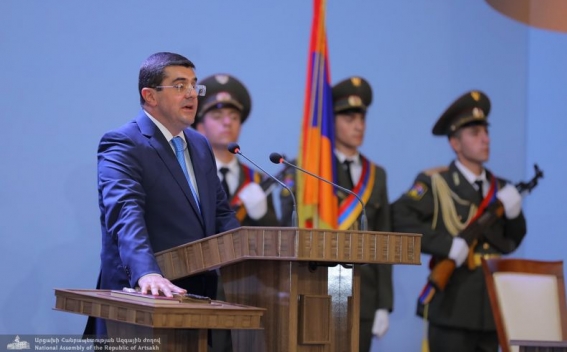Share














Most read

Top stories in Azerbaijan, Armenia, and Georgia from 9-13 February, 2026
19 Azerbaijani experts cross land border to meet Armenian counterparts for the first time
Awaiting end of war in Ukraine: Russia’s intentions in South Caucasus
'Goal is to turn Armenia into a Russian outpost': Samvel Karapetyan named as prime ministerial candidate
Opinion: 'Vance’s visit to Armenia and Azerbaijan shows failure of Georgia’s foreign policy'

'Shocking but expected verdict': Ruben Vardanyan sentenced to 20 years in Baku
Former US envoy: Georgia’s government no longer a reliable partner for Washington
Georgian prosecutors say contract killing of Niko Kvaratskhelia solved
Latest news in Georgia, Armenia, Azerbaijan, summary. Live
Georgia’s journalists forced to leave profession — their stories












